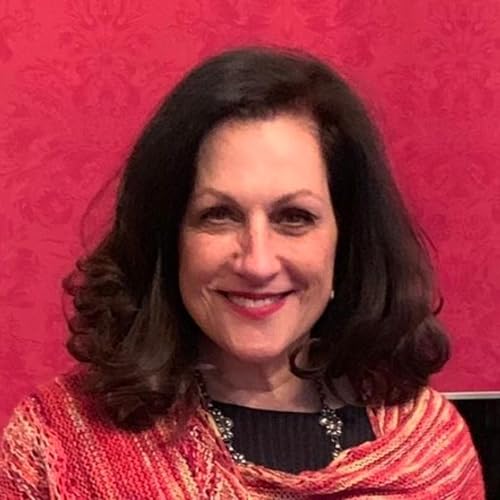It's a new trend, well, maybe not that new. Couples in committed relationships are choosing to live apart. Interesting, eh? The couple might be married, maybe not. Perhaps they are divorced; maybe a partner/spouse has passed away. Whatever the circumstances, these couples agree that they don't have to share the same space to have a happy, healthy relationship.
Vicki Larson, today's guest, has written LATitude: How You Can Make A Live Apart Together Relationship Work. "It seems as if women 50-plus are the movers and shakers," she says. "Many women (and men) are uninterested in replicating past marriages or long-term commitments."
While the statistics don't tell the whole story, it is estimated that ten percent of American couples and those in other countries are living together apart. "It's becoming much more common than we thought," says Vicki.
Vicki tells the story of her own parents, who lived apart for ten years. "It didn't faze me," she says. Her mother left New York City and moved to Florida. She had had enough. (They eventually lived together again.)
Vicki points out that there are no rules when it comes to LAT relationships. Couples fashion whatever works for them. For some, the idea is terrifying. For others, it is a grand creative adventure.
What are some of the benefits of living apart together, according to those who've embraced the arrangement? It gives some breathing space, a "room of one's own." For others, it brings a sexual novelty to the relationship. Still others subscribe to the sentiment that "absence makes the heart grow fonder."
There are, of course, downsides. The romantic partner may not be accepted by the other partner's children. The negative response from some ("Why even get married or commit when you're not living together?") can cause tension between friends and acquaintances. And there are feelings of jealousy/a lack of trust between some couples.
Again, Vicki stresses that living apart together is not for everyone and is not better than traditional relationships, just different. Deciding to live separately requires a lot of discussion, decision-making, and change. But for some, the setup is exactly how they want to live, what for many is a second or third shot at a long-term romantic relationship that works.
https://www.vicki-larson.com/
https://www.facebook.com/vlarson/
https://www.vicki-larson.com/books
https://www.linkedin.com/in/vickilarson/
How to contact Wendy Battles, host of Reinvntion Rebels
https://reinventionrebels.com/about/
https://www.linkedin.com/in/wendyabattles/
 32 m
32 m Nov 6 202538 m
Nov 6 202538 m 32 m
32 m 28 m
28 m 29 m
29 m 30 m
30 m 30 m
30 m 27 m
27 m
